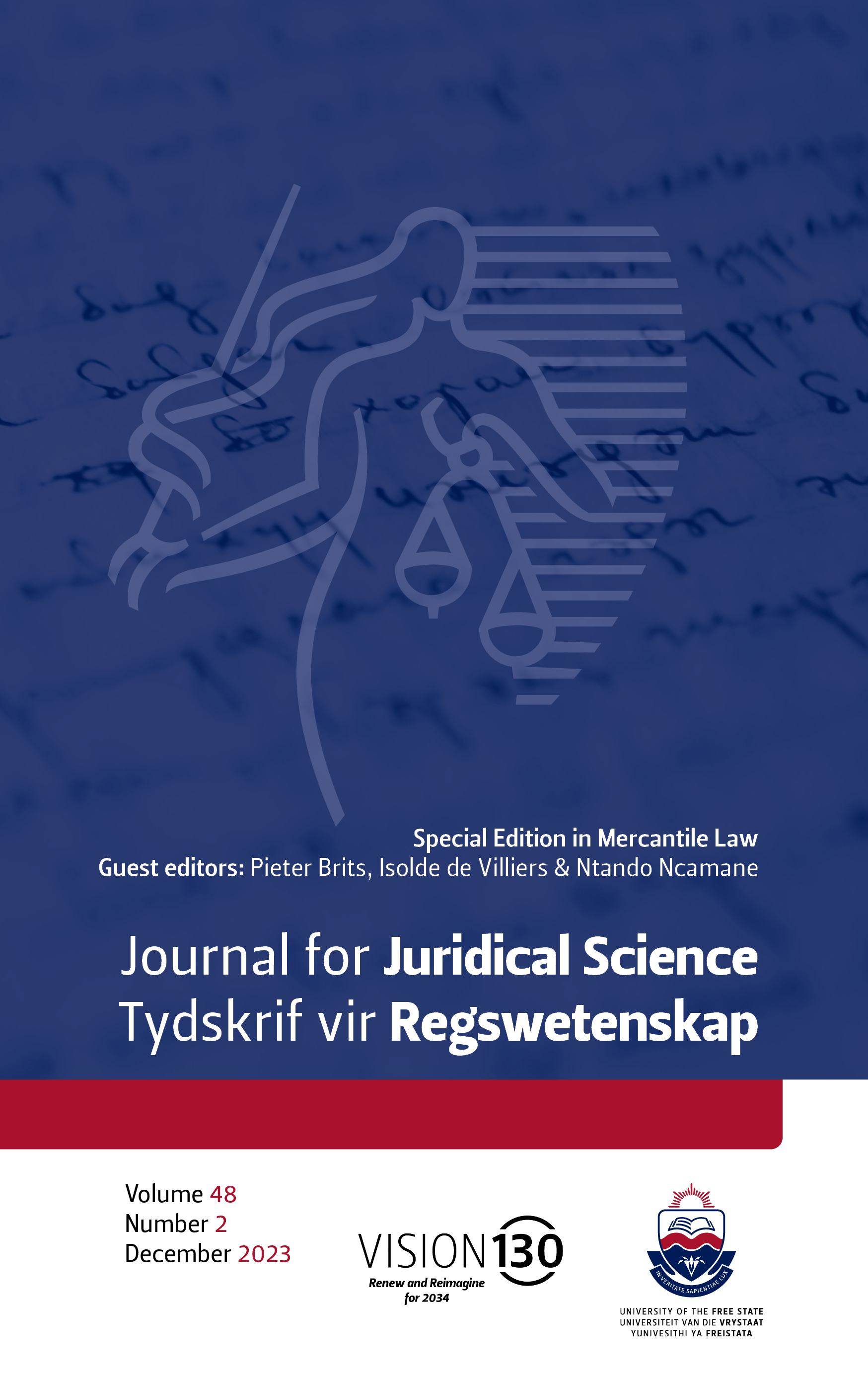The employment status of uber drivers
Comparing approaches by courts in the United Kingdom and South Africa
DOI:
https://doi.org/10.38140/jjs.v48i2.7908Keywords:
Independent contractors, employees, digital platforms, UberAbstract
South African labour law draws a distinction between employees, who dedicate their full-time endeavours to the service of a particular employer, and independent contractors, who perform specific projects for a customer. Employees enjoy a wide range of statutory rights such as the right to not be unfairly dismissed, but such protection does not extend to independent contractors. In the advent of the digital era, many people have turned to online platforms to secure their incomes. For example, some have turned to the Uber platform to drive customers seeking transport by means of the Uber application. Such drivers are, in terms of our law, not regarded as employees of Uber, but as independent contractors and are thereby precluded from the statutory protection which extends to employees. This position is demonstrated by an analysis of Uber South Africa Technology Services (Pty) Ltd v NUPSAW & Others (C449/17) [2018] ZALCCT 6. This case is further compared to a similar decision in the United Kingdom, Uber BV and Others v Aslam and Others [2021] UKSC 5, where protection was afforded to the Uber drivers. Suggestions are made for legal reform, in order to align the prevailing position in South Africa with the approach in the United Kingdom, thereby extending legal protection as employees to uber drivers.
Downloads
##submission.downloads##
Published
Issue
Section
License
Copyright (c) 2023 Sabieha Chayya

This work is licensed under a Creative Commons Attribution 4.0 International License.




